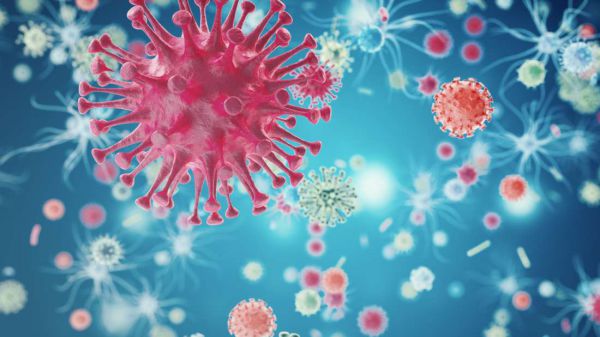AIDS related deaths fell 20 percent over five years
Nampula, 2 Dec (AIM) – President Filipe Nyusi declared on 1 December in the northern city of Nampula that the number of deaths from HIV/AIDS in Mozambique fell by 20 per cent between 2014 and 2018.
Speaking to thousands of people at an event commemorating World AIDS Day, President Nyusi said this decline was the result of joint work between the government and its cooperation partners. “We recorded a 20 per cent reduction in HIV/AIDS related deaths between 2014 and 2018. This is a noteworthy indicator, and it guarantees that more Mozambicans will lead long and healthy lives and reduces the possibility of their transmitting HIV to others who are not infected”, he added.
This progress, President Nyusi continued, took place during implementation of the actions envisaged under the Fourth National Strategic Plan against HIV/AIDs, for the period 2016-2020. He said this achievement had been recognised by the Joint United Nations Programme against HIV/AIDS (UNAIDS) “as one of the cases of success in its recent report on HIV/AIDS in the world”.
The availability of the life-prolonging anti-retroviral treatment (ARVT) has greatly expanding. President Nyusi said that, at the start of this five year period, ARVT was available at 750 units of the national health service – but now it is available at 1,538 health units, which is 93 per cent of the total.
The number of HIV-positive Mozambicans benefitting from ARVT has risen from 643,312 in December 2014 to 1,090,305 in June of this year.
Despite these advances, the HIV situation in Mozambique remains a matter of concern, said President Nyusi. The transmission of HIV from pregnant women to their unborn children (“vertical transmission”) remains extremely high, at an estimated 15 per cent of all pregnancies in 2018.
Furthermore there is a high dropout rate from ARVT. President Nyusi said 40 per cent of patients on ARVT stop taking the drugs within 12 months of beginning the treatment. President Nyusi attributed this to the stigma and discrimination that HIV-positive people still suffer.
The President said that an estimated 13 per cent of the 350,823 people working in the public administration are HIV-positive. He thought it urgent that all sectors should recognise that HIV “is a work problem, because if it is not managed and controlled, we shall always have the problem of replacing the staff we have prepared and trained to serve the country”.
The Nampula event was held under the slogan “communities make the difference in the national response to HIV and AIDS”, and President Nyusi stressed the role that communities can play in fighting the disease.
“It is in the community that we find that we find the most effective responses in the battle we are waging against HIV and AIDS”, he said. These responses include groups of peer educators, and the organisations formed by people living with the disease.
“There are many organisations of people who break the silence and are part of the communities”, he said, and these included people who are often marginalised, such as drug users and sex workers.
Society listens to community and religious leaders, said President Nyusi, and if they say the same things, then the message against HIV will reach their followers and beyond.
This was no time to slow down, the President stressed. “AIDS is killing, and with every passing day we are losing friends and relatives. It is our responsibility to prevent the disease, and to treat those infected”.
“We appeal to all of Mozambican society to advance together and to guarantee that all children, youths and adults remain free of this disease, and that treatment becomes more accessible”, he said. “As the government, we shall continue to lead the national effort against HIV/AIDS and mobilise resources to fight this epidemic”.
(AIM)



